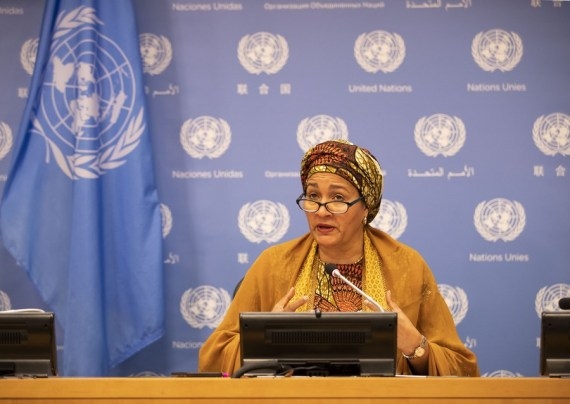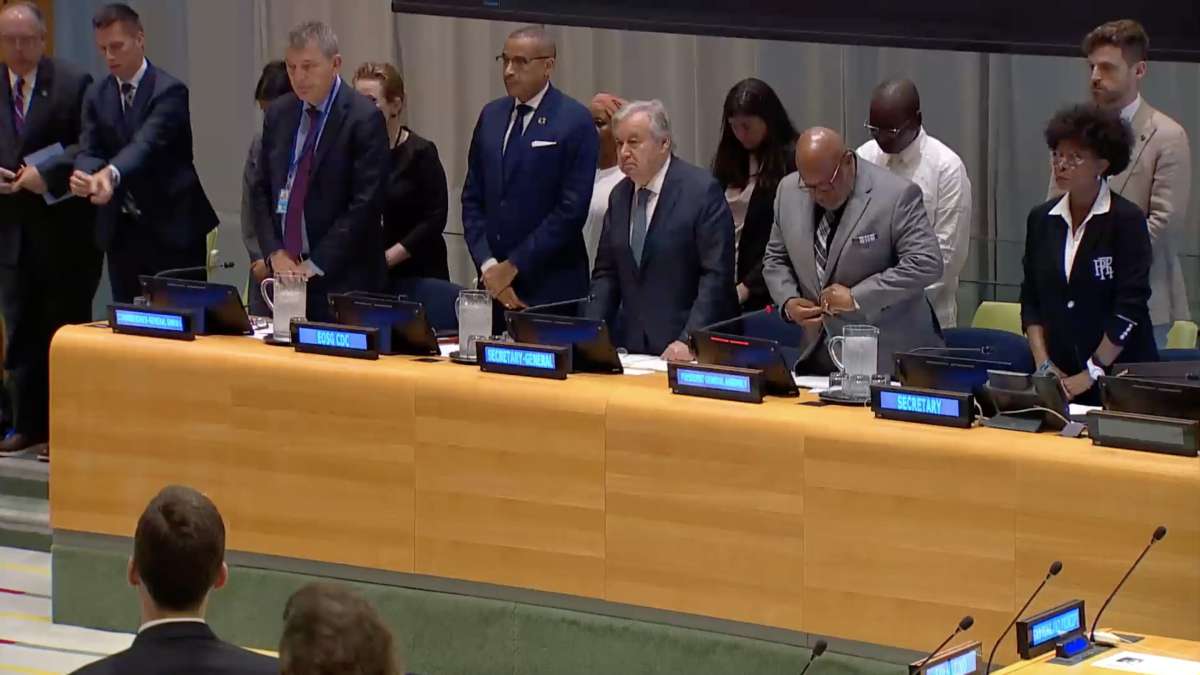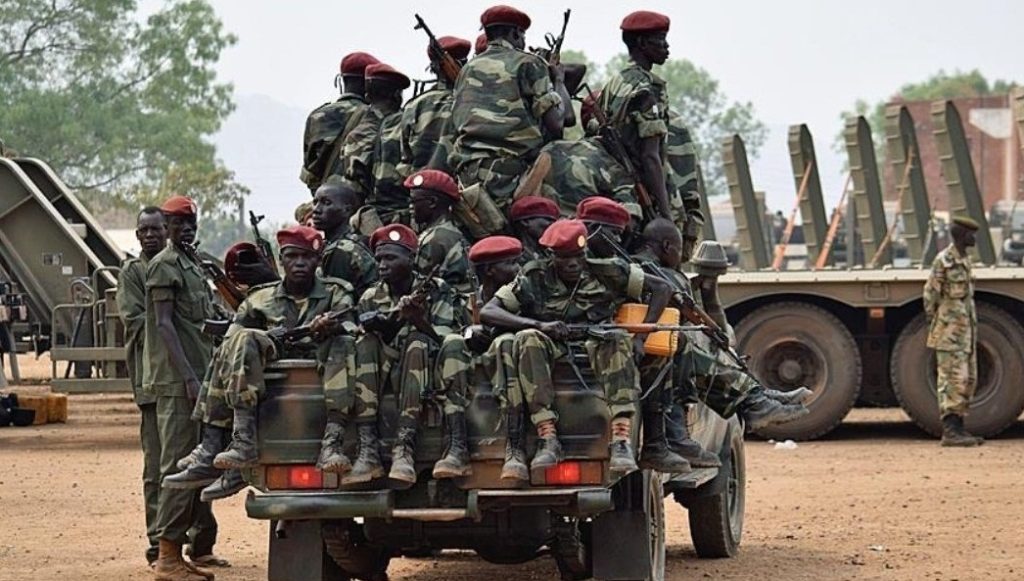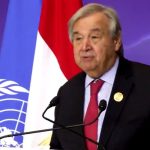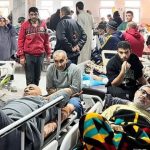The first factor behind the UN’s inability to prevent wars, civil wars, other conflicts and massive terroirsm is that it is not a world government, even though it is often imagined to be…reports Asian Lite News
While attention was focused on the world organisation’s paralysis in Ukraine and Israel, the UN was forced to retreat from other countries riven by deadly conflicts in a stark display of its limitations.
Unlike in Ukraine and Israel, these were countries where the UN had an active presence trying to keep the peace as rival factions and insurgencies created havoc of deaths, human rights violations and destruction.
These setbacks show the limits to what the UN can do, even when the veto-wielding powers free the Security Council to act.
On December 11, the UN ended its mission in Mali, one of its deadliest that has claimed lives of 310 peacekeepers, bowing to its military rulers who ordered out its 10,000 personnel.
The Democratic Republic of Congo (DRC) signed an agreement last month with the UN, which has had peacekeeping operations in that country for about 25 years, to fastrack the withdrawal of about 15,000 peacekeepers, earlier than the next December deadline.
While a UN official warned of a risk of genocide in Sudan, the Security Council accepted on December 1 the military government’s demand to end its political mission.
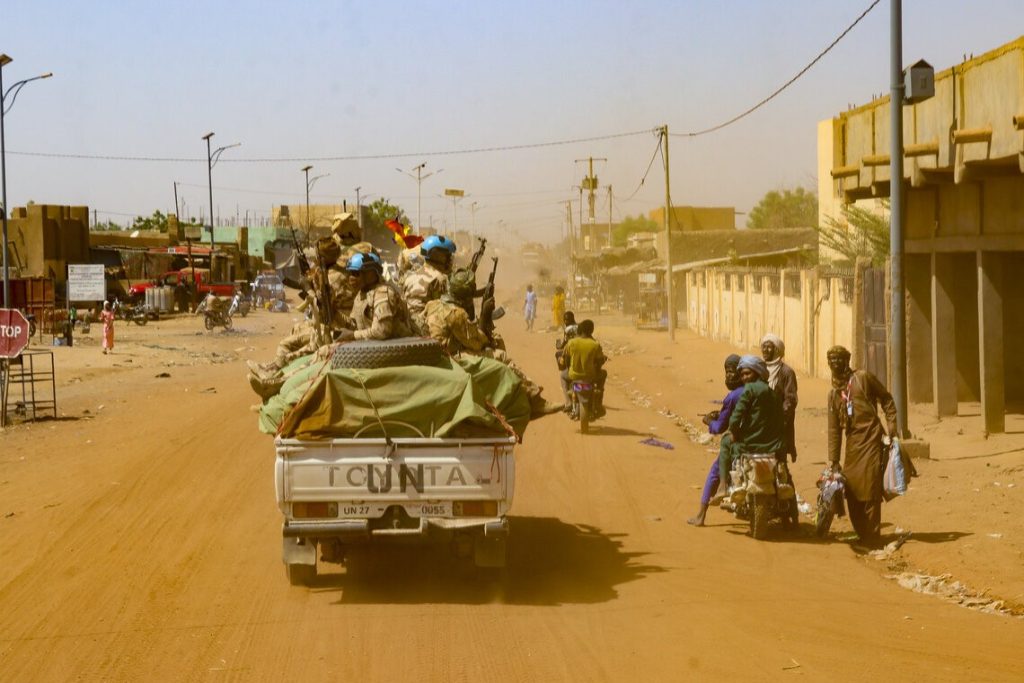
Having already witnessed the killings of thousands, these three countries are at risk of the conflicts continuing in the coming months veiled by a pall of global apathy and away from TV cameras.
There aren’t any fashionable protesters marching around the world against the killings, mutilations and sexual violence perpetrated on a massive scale there.
The first factor behind the UN’s inability to prevent wars, civil wars, other conflicts and massive terroirsm is that it is not a world government, even though it is often imagined to be.
The UN Charter does give the Security Council powers to order “demonstrations, blockade, and other operations by air, sea, or land forces of Members of the UN” to maintain international peace.
But such unilateral action is not realistic, least of all because of the consensus that would be required of the permanent members.
And as a practical matter, the Security Council does not send peacekeepers into a country that does not want them there. There is also the peacekeeping fatigue after futile efforts at peacekeeping.
Haiti would want peacekeepers back in to quell the gangs that have taken over vast swatches of the country, but after dismal failures and a cholera epidemic blamed on UN peacekeepers, the Security Council is not going back after ending a 13-year mission there in 2017.
Instead, it authorised an international force led by Kenya to help bring order to that country; that effort, though is stuck in litigation in Kenya. And there is peacekeeping fatigue among the countries where missions were deployed.
Mali’s Foreign Minister Abdoulaye Diop told the Security Council in June that the mission, known by its French initials MINUSMA, was unable to “adequately respond to the security situation” and its doesn’t look any better.
DRC Foreign Minister Christophe Lutundula echoed him, saying that UN mission there, also known by the French initials MONUSCO, “has proved its limits in a context of permanent war”, without restoring peace.
In the same vein, Sudan’s acting Foreign Minister Ali Sadeq wrote to Secretary-General Antonio Guterres that his country was disappointed by the performance of the political mission, the UN Integrated Transition Assistance Mission in Sudan (UNITAMS), which had fewer than 250 personnel and had a mediatory role in trying to end the conflicts.
Earlier, Guterres’s Special Envoy for Sudan, Volker Perthes, was declared a persona non grata and had to leave the assignment.
Between 2003 and 2005, more than 200,000 people were victims of the genocide in Darfur.
The UN High Commissioner for Refugees, Filippo Grandi, warned last month of a repeat: “Twenty years ago, the world was shocked by the terrible atrocities and human rights violations in Darfur. We fear a similar dynamic might be developing.”
Reasons for the shortcomings of these and other operations, India which is the biggest troop contributor to UN missions, has repeatedly said is the lack of a clear mandate from the Security Council, not involving the troop contributors in decisions and inadequate equipments.
ALSO READ-Gaza Unrest Fuels Sectarian Violence in US, Europe



